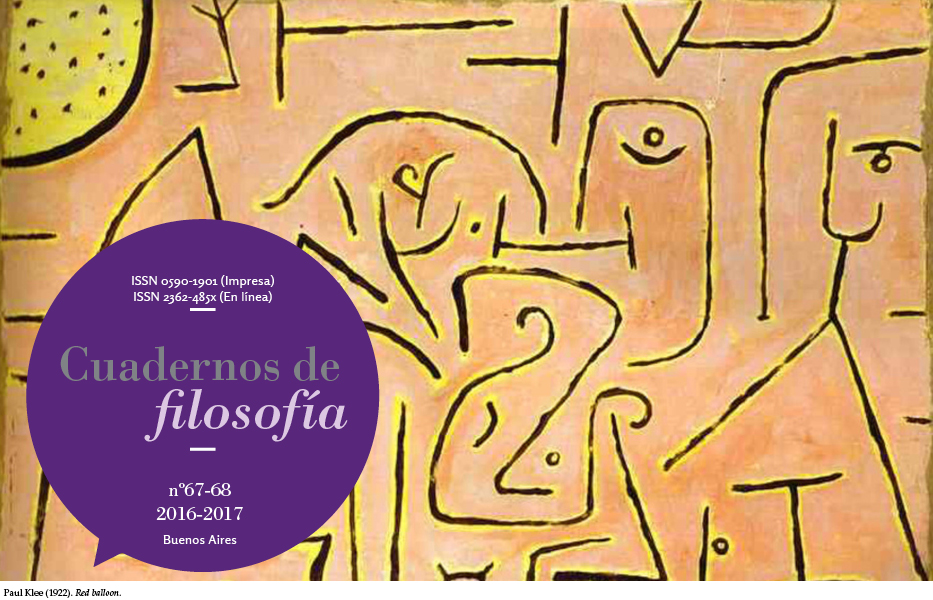El derecho cosmopolita de Fichte a la luz de la crítica de Hegel al <i>Grundlage des Naturrechts</i>
Abstract
In 1802–1803, Hegel developed a radical criticism of Fichte’s natural right of Jena, in which he explained that the assumption of universal egoism, upon which Fichte founds his entire system of applied right, cannot support the functioning of the political community. On the contrary, Hegel argued, it is necessary to draw upon externalities such as the virtues of either the ephors or natural ephors. In this paper, I show that Hegel’s argument is also applicable to Fichte’s international right, for regarding that realm Fichte also assumes universal egoism, chiefly in order to construct a system that discourages states from attacking others out of fear of coercion represented in a possible declaration of war. Yet, the constant threat of such attacks prevents society from cultivating a peaceful world order—one in which the rights of all are respected.Downloads
Los autores/as que publiquen en esta revista aceptan las siguientes condiciones:
Los/as autores/as [traductores/as] conservan los derechos de autor/a y ceden a la revista el derecho de la primera publicación, con el trabajo registrado con Licencia Creative Commons Atribución-NoComercial-CompartirIgual 4.0 Internacional, que permite a terceros utilizar lo publicado siempre que mencionen la autoría del trabajo y a la primera publicación en esta revista.
Los/as autores/as pueden realizar otros acuerdos contractuales independientes y adicionales para la distribución no exclusiva de la versión del artículo publicado en esta revista (p. ej., incluirlo en un repositorio institucional o publicarlo en un libro) siempre que indiquen claramente que el trabajo se publicó por primera vez en esta revista.
Se permite y recomienda a los/as autores/as a publicar su trabajo en Internet (por ejemplo en páginas institucionales o personales).
Políticas de detección de plagio
La colaboración de los y las editores/as, autores/as y evaluadores/as de esta revista y la guía de ética de los procesos editoriales se rige por los Principios de transparencia y buena práctica en publicaciones académicas del Committee on Publication Ethics (COPE) disponible aquí.
Todos los artículos enviados a esta publicación serán supervisados mediante una búsqueda online.







